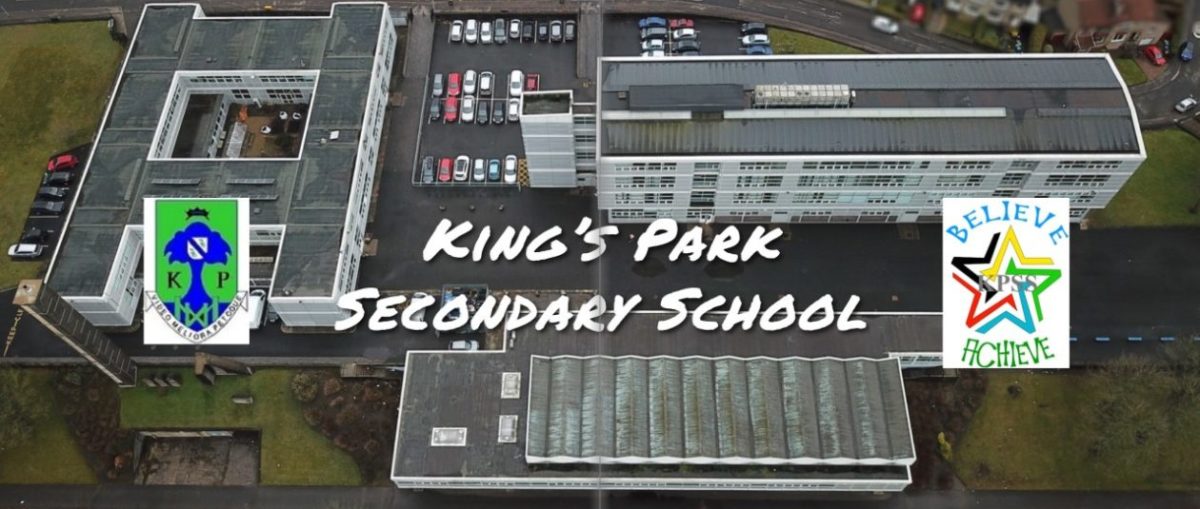The course provides opportunities for learners to gain a range of practical woodworking skills and to use a variety of tools, equipment and materials. It allows them to plan activities through to the completion of a finished product in wood.
National 5
In Practical Woodworking students learn and develop their practical skills in a workshop environment, utilising the highly versatile medium of wood. Students will learn how to read working drawings, and how to use hand and machine tools and processes to produce quality products within strict dimensional tolerances.
PRACTICAL WOODWORK
Entry Requirements
The woodwork course consists of three main units:
Flat-Frame Construction
This Unit helps learners develop skills in the use of woodworking tools and in making woodworking joints and assemblies commonly used in flat-frame joinery. Tasks will involve some complex features. Learners will also be able to read and use drawings and diagrams depicting both familiar and unfamiliar woodwork tasks.
Carcase construction
This Unit helps learners develop skills in making woodworking joints and assemblies commonly used in carcase construction. Tasks will involve some complex features and may include working with manufactured board or with frame panels. The unit includes the use of working drawings or diagrams, including unfamiliar contexts that require some interpretation on the part of the learner.
Machining and Finishing
This Unit helps learners develop skills in using common machine and power tools. It also helps learners develop skills in a variety of woodworking surface preparations and finishing techniques.
Assessment
Pupils will be assessed through a practical activity that involves producing a finished product in wood to a given standard and is worth 70% of their overall mark The task will be sufficiently open and flexible to allow for personalisation and choice, and for learners to demonstrate practical creativity. Course assessment will provide the basis for grading attainment in the course award. The course assessment is graded A–D. The grade is determined on the basis of the total mark for all course assessments together rand a written test worth 30%.
Progression
Skills developed in this course are transferable across the range of practical disciplines and provide a good grounding for students to progress into the further training and apprenticeships in the trades, and engineering industries.

